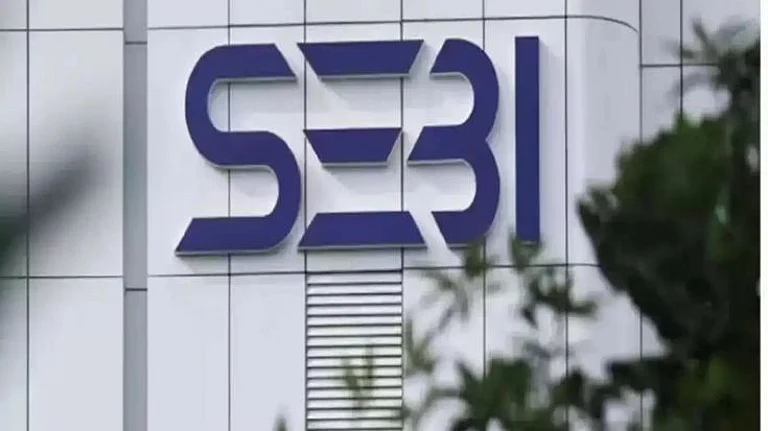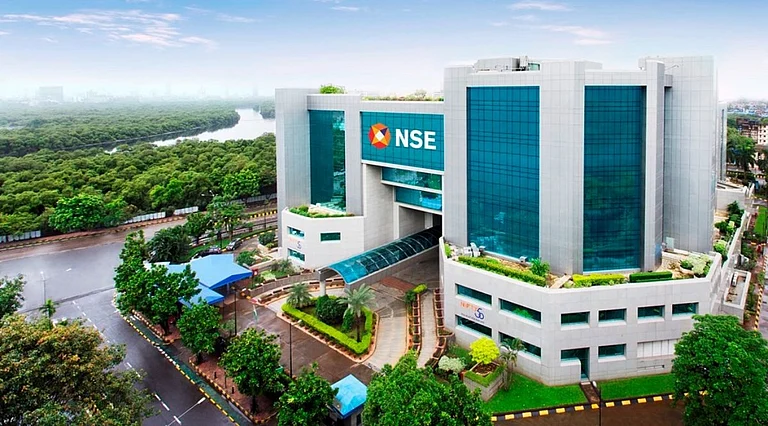
At a time when some of the biggest steel companies are facing insolvency proceedings, brokerages have been eager to give ‘buy’ calls on JSW Steel. A Goldman Sachs report notes that the steel sector is in the middle of a multi-year upcycle, driven by higher spreads, rising domestic capacity utilisation and improved iron ore supply.
JSW Steel has seven manufacturing plants across India and has a global footprint in over 100 countries. Its production capacity stands at 18 million tonnes. With a positive demand from international markets, it is set to increase exports, which saw a 33 per cent quarter-on-quarter growth. The company’s value added and special products (VASP) and special products sales grew by 17 per cent year-on-year owing to its focus on a diverse product mix.
Financial performance
For the second quarter of the financial year 2017-18, the company’s consolidated debt stood at `42,764 crore, which is lower than its first quarter. The company’s debt-to-equity improved 1.87x. It announced an approximate capital expenditure of `26,800 crore in 2017, which would expand its overall capacity to 23 million tonnes per annum by March 2020. Driven by domestic demand and favourable international markets, it has achieved the highest ever consolidated saleable steel sales of 3.96 million tonnes in the second quarter of FY2018.
On the flipside, operational performance was subdued on the back of lower-than-anticipated realisation. “We expect the realisation to increase in the backdrop of firm domestic steel prices,” says ICICI Direct. “We model EBITDA/tonne of `8,000/tonne for FY2018 estimates (revised downward from `8,250/tonne earlier) and `9,000/tonne for FY2019 estimates (up from `8,500/tonne earlier),” the report says.
The company will gain from stable raw material prices. “We prefer this low-cost convertor, with no raw material integration, on robust margins/free cash generation, and top quartile RoE (return on equity). We are 15 per cent above Bloomberg consensus on FY2020 estimates EBITDA driven by higher margins,” according to Goldman Sachs report.
For crude steel output and steel sales, JSW Steel’s management is targeting 16.5 million tonnes and 15.5 million tonnes, respectively. Sales volume is projected to grow by 5 per cent in the current financial year. This reinforces the faith the street has in the stock.
Why Buy?
1. The company will benefit from rising demand in construction and infrastructure sectors
2. Healthy demand from international markets to boost exports, which are 33% in Q2
Watch Out For
1. International price fluctuations may affect margin
2. Higher raw material costs can lead to lower margins

Strategic collaborations and acquisition are charting revenue growth, says Himali Patel
A company’s business model is often a key indicator of how it is positioned in the market. Persistent Systems (PSL), a Pune-based mid-cap IT company, is one such company. It shifted from its traditional effort-based billing business model, of charging on an hourly rate to software engineers, to a software-driven business model based on enterprise digital transformation (EDT).
Founded in 1990, PSL started out with a software vendor-centric legacy to build its outsourced product development businesses. It has, however, shifted its focus towards digital services and intellectual property-led business, with services forming 74 per cent of its revenue in the second 2018 quarter.
The balance has tilted in favour of PSL, driven by its other business units, including Alliance and Accelerite, which focuses on data, digital and IoT (Internet of things).
Financial performance
PSL has been aggressive on the collaboration and acquisition front. In 2016, it collaborated with IBM to pursue a combined IoT strategy on IBM’s Watson platform for engineering solutions. In July 2017, it bought PARX, a salesforce platinum consulting partner in the DACH market.
PSL reported $11.5 million revenue from its IoT partnership with IBM, similar to the first 2018 quarter. Total revenue from this partnership grew 4.4 per cent year-on-year over the first half, points out brokerage JM Financial Institutional Securities. Despite the low revenue growth, the management expects a double-digit growth on expectations of a strong third quarter in 2018.
Net profit and revenue clocked a double-digit CAGR of 13 per cent and 22 per cent, respectively, over the FY12-17. This is also the period when big IT services companies started seing growth challenges. For the second quarter of the year, the company’s consolidated revenues witnessed 4.5 per cent quarter-on-quarter growth. The EBITDA margin is expected to improve with revenue from IP in the third quarter, despite a wage hike from October 2017. The wage hike is expected to impact margin by150-200 bps says ICICI Direct.
In terms of valuation, rupee revenue and profit after tax are estimated to grow at 11 per cent and 13.2 per cent CAGR, respectively, over 2017-2019, with an average EBITDA margin of 16 per cent. ICICI Direct and Motilal Oswal Securities have a ‘buy’ call on the stock.
Why Buy?
1. Consistent growth across its service and IPs-led units
2. Its digital transformation market share is set to expand
3. High profile clients: IBM, Oracle, Dell, Microsoft, Cisco, etc.
Watch Out For
1. Disruptions in the digital segment
2. Strong rupee v/s dollar; PSL draws revenue in foreign currency, but expenses are incurred in rupee































